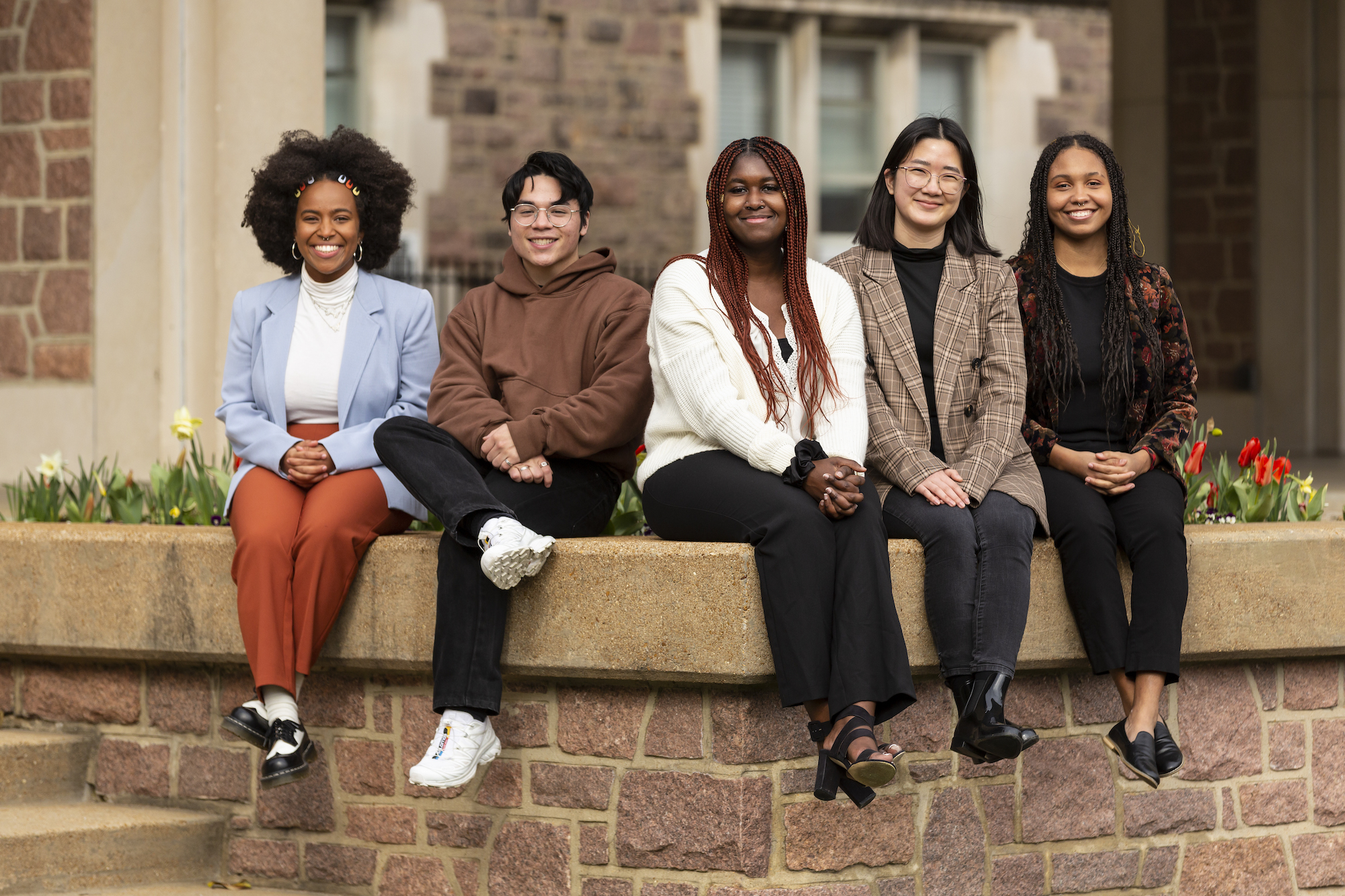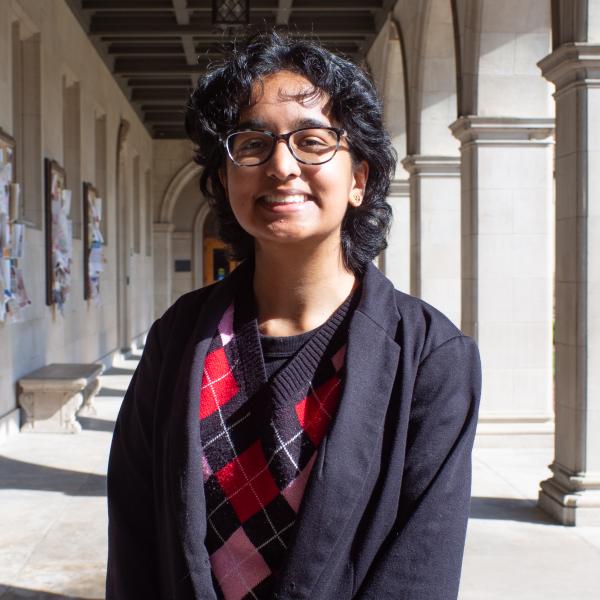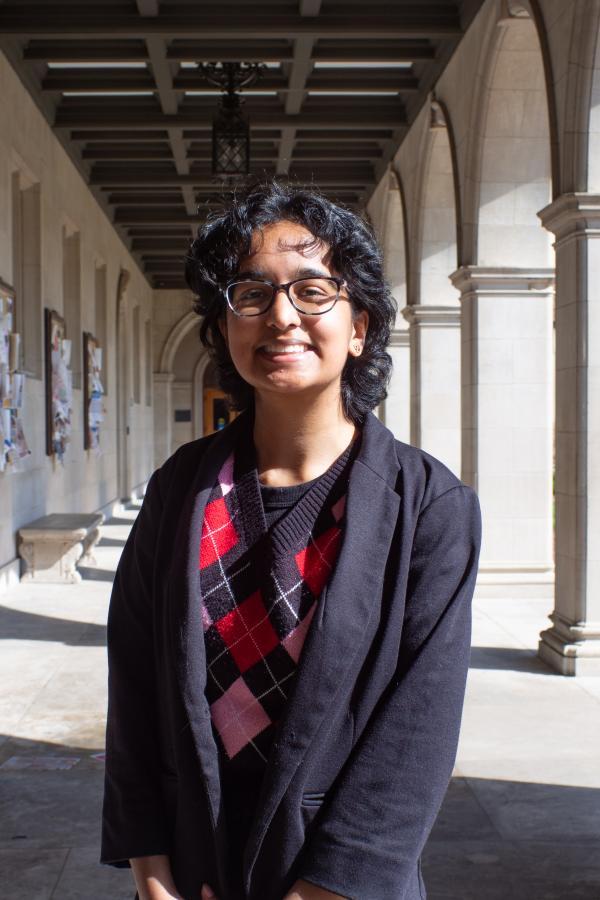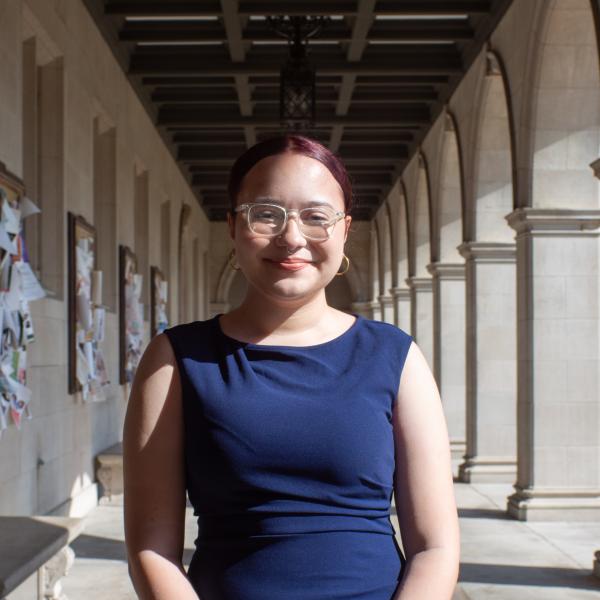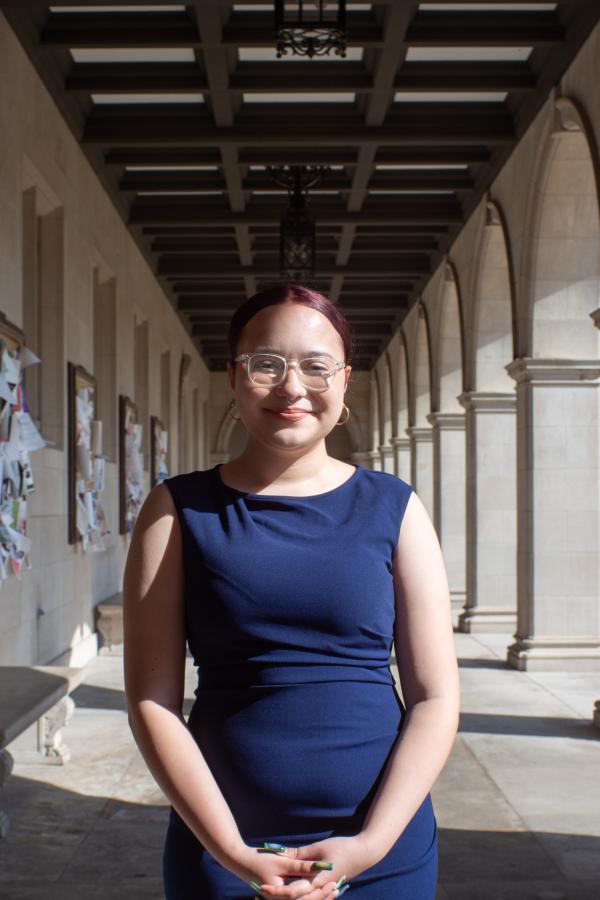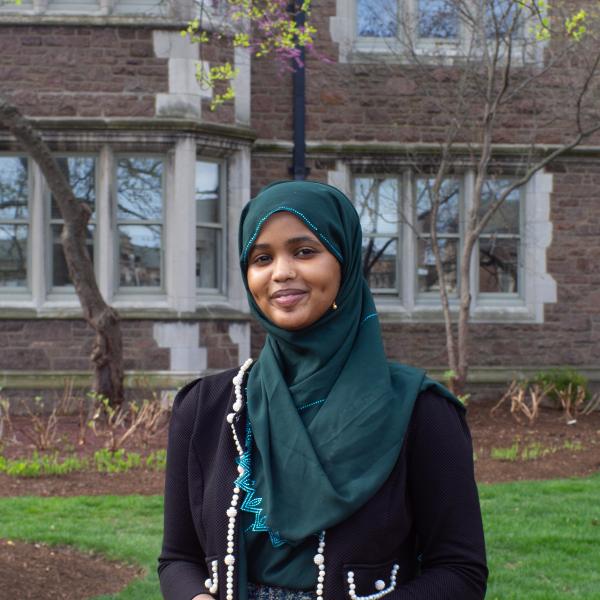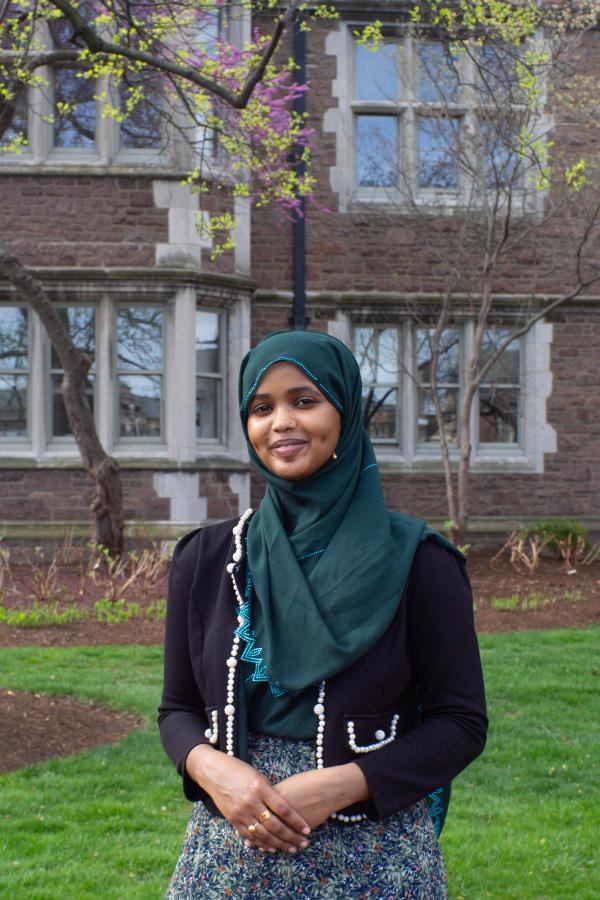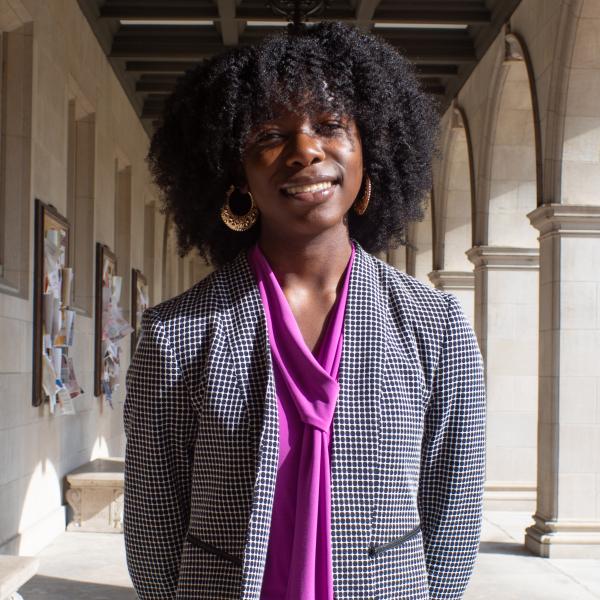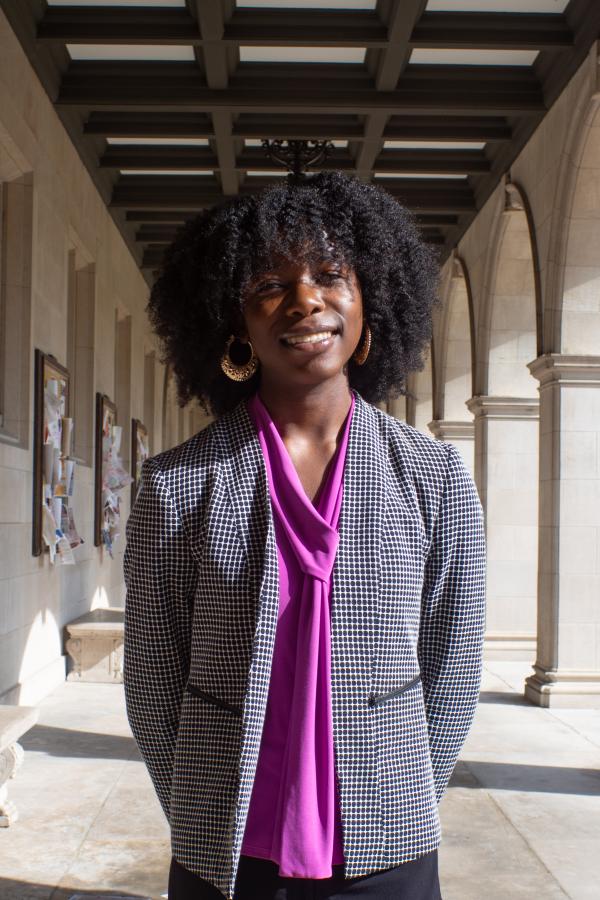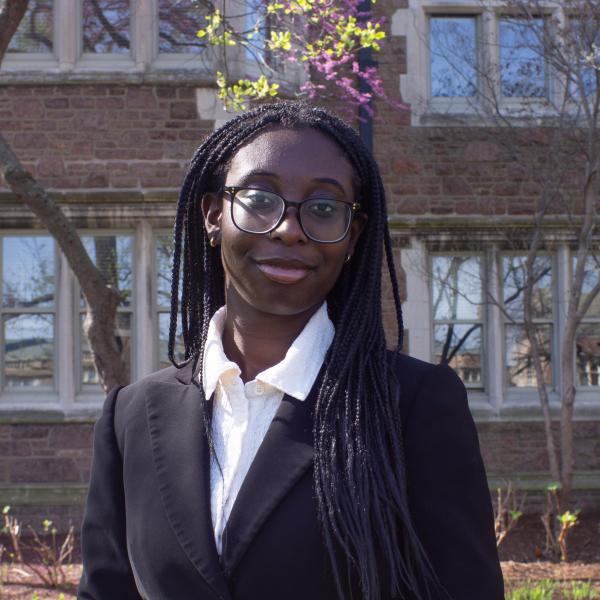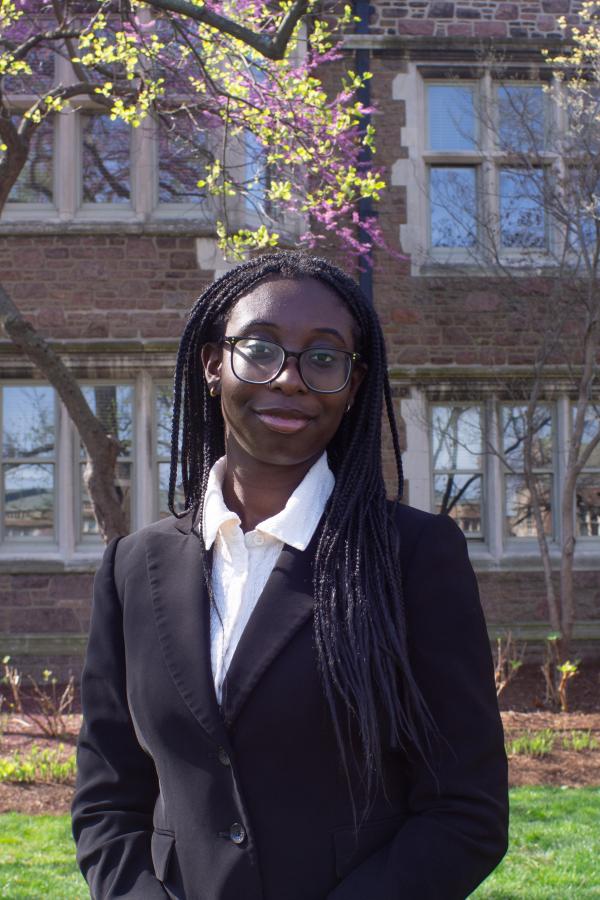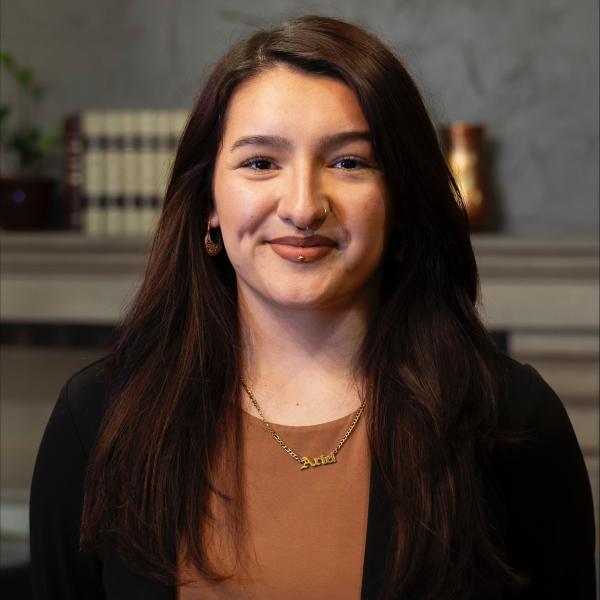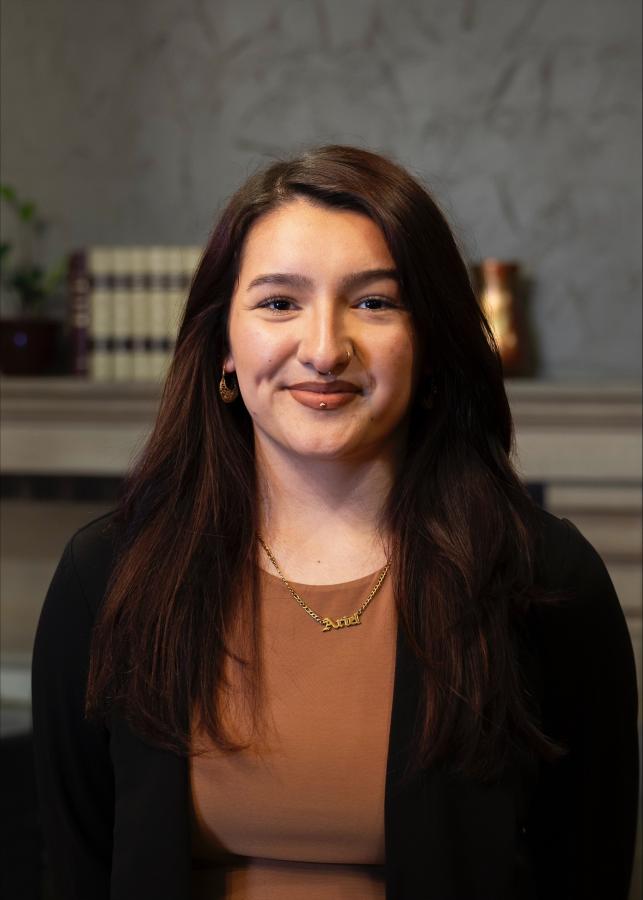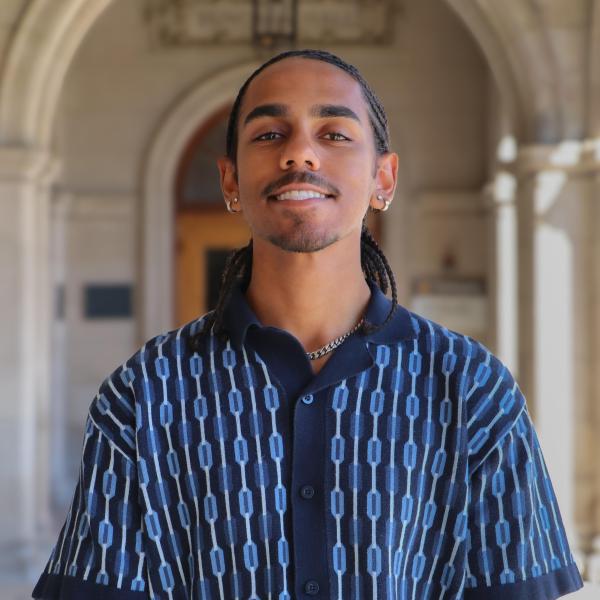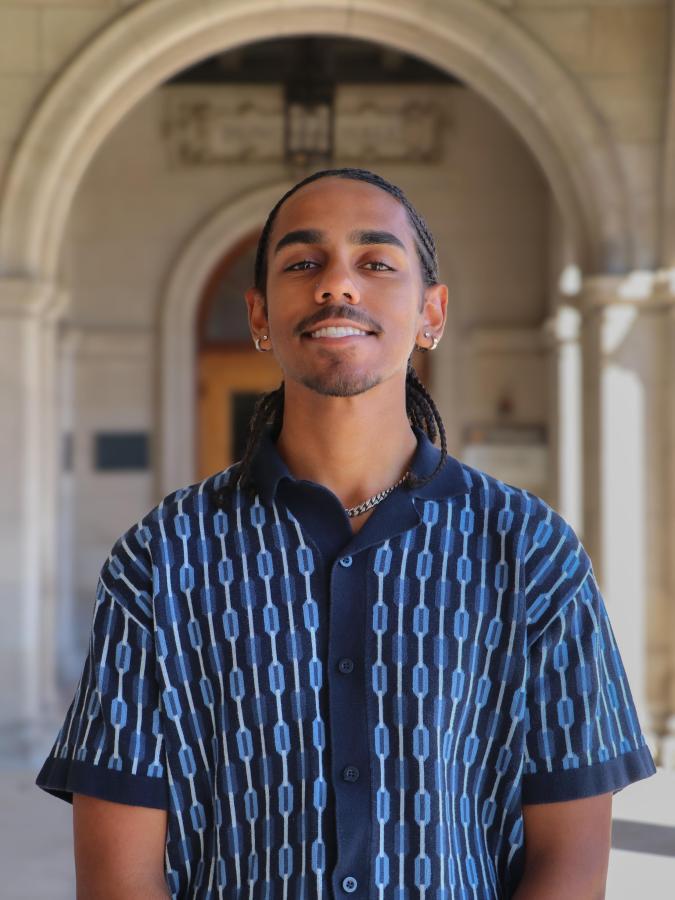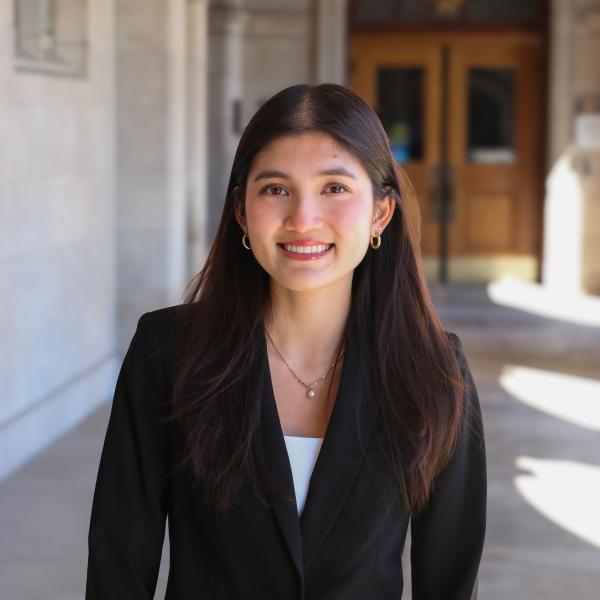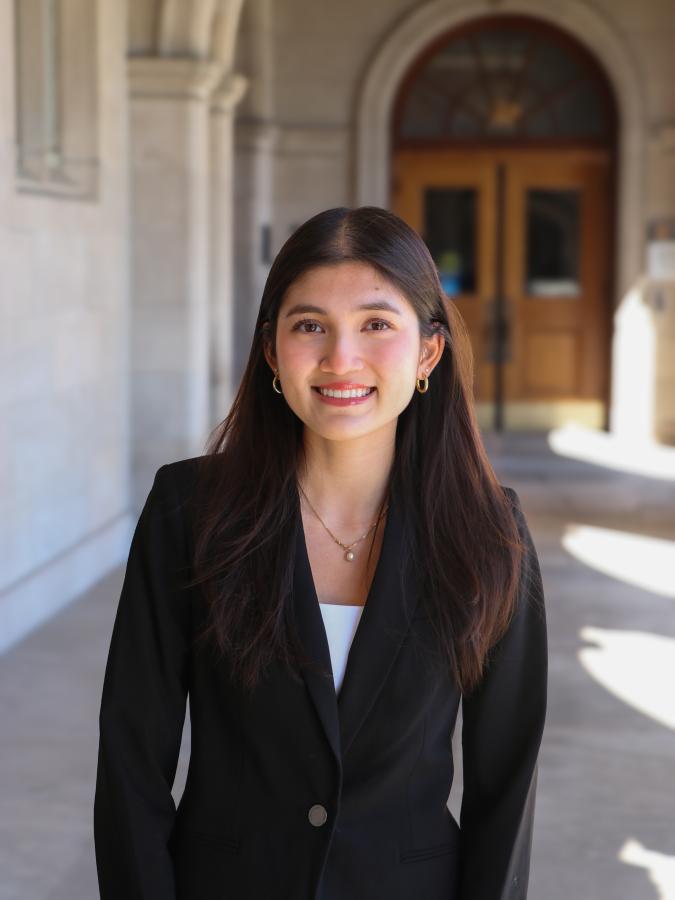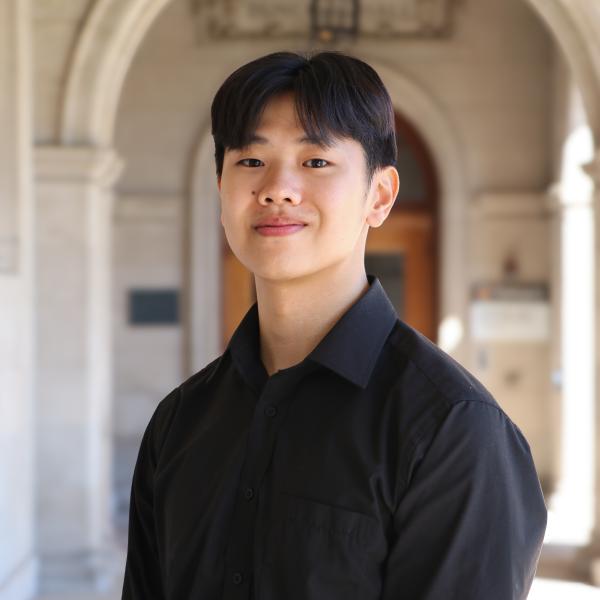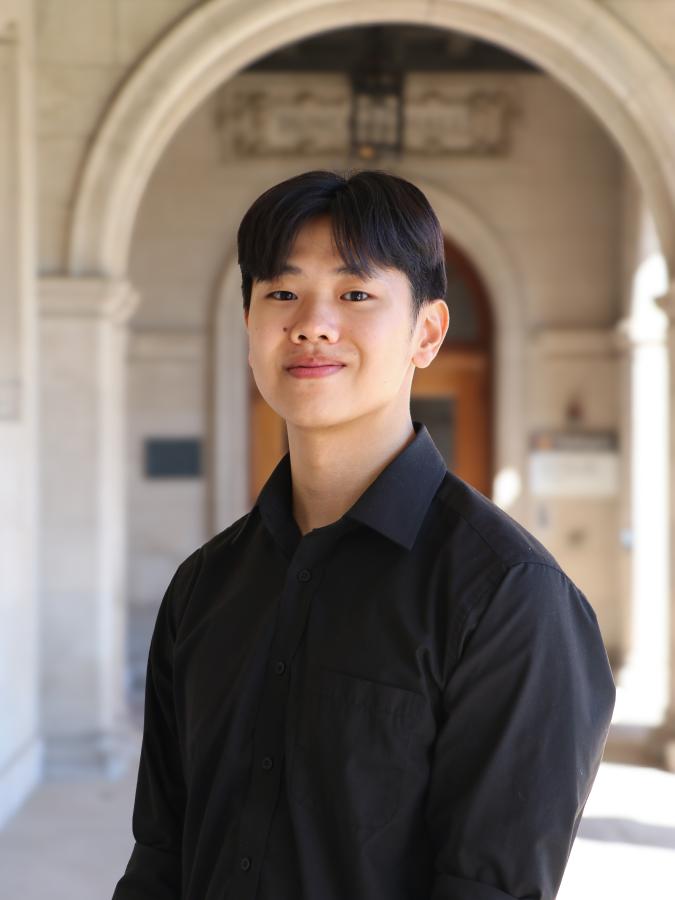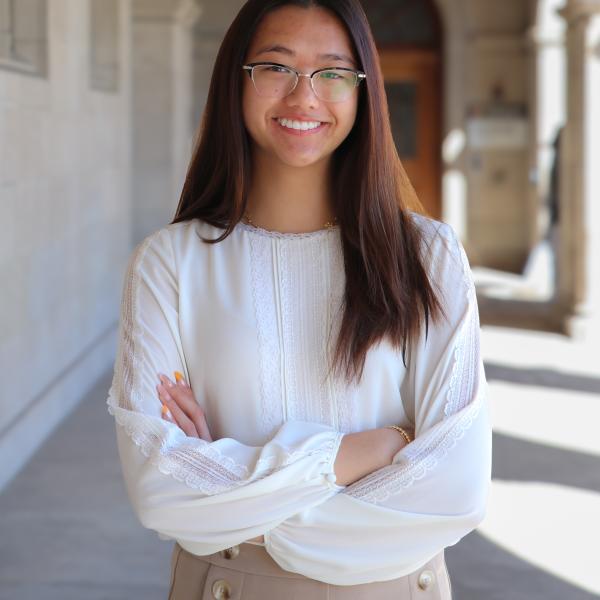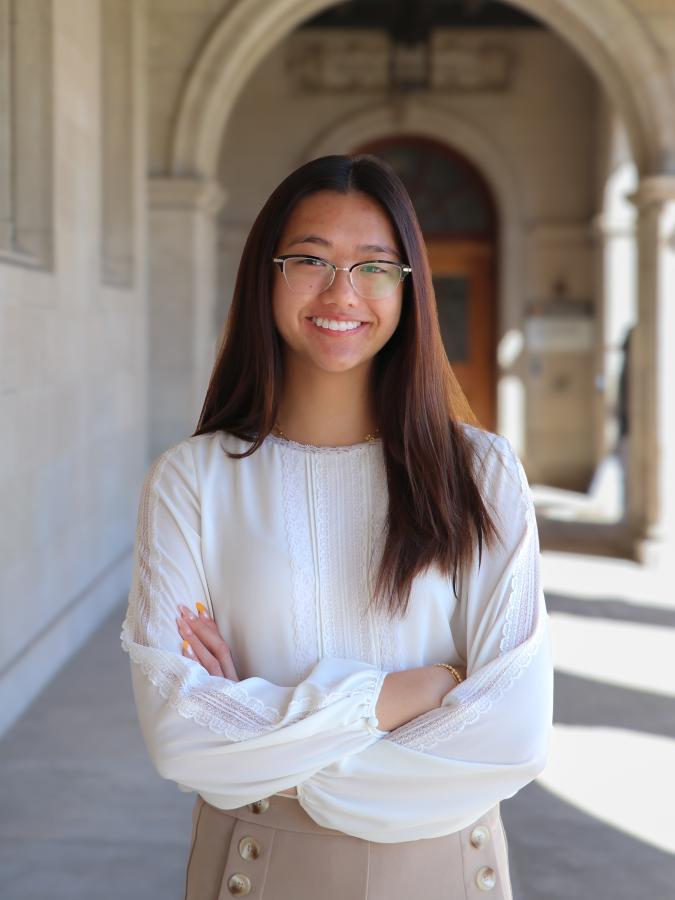Established in 1988, the Mellon Mays Undergraduate Fellowship (MMUF) is committed to expanding academic faculties and leadership in higher education and to promoting the value of the humanities and related disciplines. Its name honors Dr. Benjamin E. Mays, the noted African American educator, statesman, minister, and former president of Morehouse College.
The Mellon Mays Undergraduate Fellowship Program encourages talented students to develop their academic interests to the fullest, obtain PhDs, and pursue careers in higher education. Washington University joins 47 other colleges and universities as well as the 39 member institutions of the United Negro College Fund in this effort.
Each year, new MMUF undergraduate fellows are selected in the spring of their sophomore year. The application process asks students to submit short essays, recommendations from faculty members, and an academic transcript. It also includes an interview with the WashU MMUF Selection Committee. Selected fellows are provided with mentoring, financial support, and cohort-building as they prepare for entry into PhD programs and eventual careers as scholars and faculty members.
MMUF is part of the Higher Learning program of the Mellon Foundation and reflects two of its three grantmaking priorities: broadening access to humanities higher learning opportunities and promoting fuller narratives.
Student applicants to MMUF will be evaluated on the basis of their proposed research project in the humanities or related disciplines, their prior coursework, their plans for a major, and their potential to bring new and fuller perspectives to the academy. The program is open to all students. Race, color, national origin, shared ancestry or ethnic characteristics, sex, or other protected characteristics are not considered as part of admission or any other aspect of participation in the program.
Some research themes and rubrics that may satisfy the goal of promoting fuller narratives include, but are not limited to, the following: historical and contemporary treatments of race, racialization, and racial formation; intersectional experience and analysis; gender and sexuality; Indigenous history and culture; questions about diaspora; coloniality and decolonization; the carceral state; migration and immigration; urban inequalities; social movements and mass mobilizations; the transatlantic slave trade; settler colonial societies; and literary accounts of agency, subjectivity, and community.

